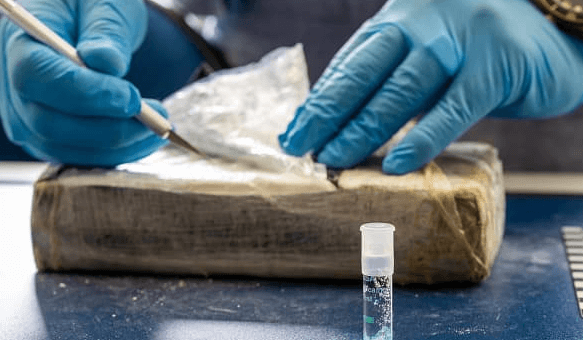How Different Drug Testing Methods Determine Cocaine Presence in Urine

Cocaine is a stimulant drug which goes straight into the central nervous system and hits the user hard and fast. Accurate detection of its existence plays a very vital role in safety in workplaces, in law enforcement activities and clinical practice. For this, urine tests are typical.
These tests are intended to be fast, accurate and useful for screening for recent use of cocaine in the individual. The methods used need to be both sensitive and specific enough in order not to have erroneous data or results.
The various testing approaches that may be employed to substantiate the presence of cocaine may vary in sensitivity and specificity. Knowledge about these methods assists in formulating decisions on issues concerning drug testing practices.
Read also Maximizing Trading Profits with AI
How Long Does Cocaine Stay in Urine
The half-life of cocaine is short, this makes it easy for the substance to be expelled from the body system. Most of the time, it can be detected in urinary forms in about 2 to 3 days after the product has been taken. However, this time can differ. Age, health condition, and metabolism also determine if this phase will be shorter or longer. The answer to ‘how long does cocaine stay in urine’ also depends on factors like the amount and frequency of cocaine use.
Techniques Used in Urine Testing to Identify Cocaine
a. Immunoassay Tests
This is often the initial stage in analyzing urine for traces of cocaine. They employ chemicals to respond with the urine sample. If the body produces cocaine metabolites – substances which remain after cocaine has been metabolized – then this reaction alters the color of the strip. But occasionally these tests produce a ‘false positive’ which means the test comes up positive when cocaine is not actually present. This is why positive results are usually confirmed by a more accurate test.
b. Gas Chromatography-Mass Spectrometry (GC-MS)
The second test is used to confirm the presence of cocaine in the urine if the immunoassay test returns positive. GC-MS is very accurate. It partitions the various elements of the urine sample and distinguishes them as precisely as possible. This test is more costly and time consuming than the immunoassay, nevertheless, is vital for determining the accuracy of the results.
The Accuracy of Urine Tests and Its Relationship to Sensitivity
Cocaine metabolites can be detected in urine, and the tests are rather accurate, but there are certain conditions that may influence the results. Some factors include: the quality of test kits, storage of urine, and timing of collection of the specimen after last use of cocaine. For the tests to be conclusive, it is necessary for them to be carried out in a correct manner.
Conclusion
A knowledge of how long does cocaine stay in urine is necessary for several reasons. Regardless of whether it is to protect workers in a sensitive position, enforcing regulations, or treating clients in a health-care context, these examinations are important. Awareness of the various techniques and their reliability assists individuals and experts in making appropriate decisions with respect to drug testing.
If such tests are used appropriately and legally, then society will be in a better position to combat problems that are associated with substance use without infringing on the rights of people and their privacy.




